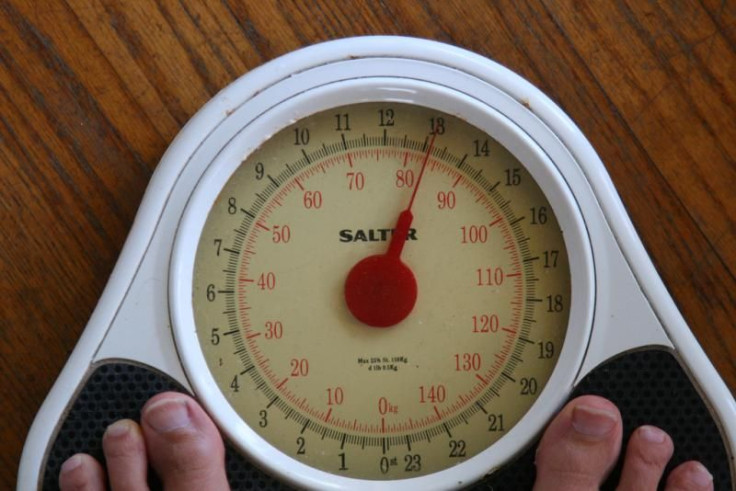‘Fat Letters’ To Be Eliminated In Massachusetts; Public Schools Will No Longer Tell Parents Whether Their Kids Are Obese

The Public Health Council in Massachusetts voted 10-1 Wednesday to stop the practice of sending fat letters in the state’s public schools, citing the risks of bullying, eating disorders, and tarnishing students’ self-images as potential concerns. The letters were sent home to parents with information about their child’s height, weight, and whether or not the child is classified as obese based on his or her body mass index (BMI).
Nearly a quarter of states in the U.S. send letters home to parents informing them of their children’s height and weight, but Massachusetts was one of 9 states that included a BMI score. “Everybody talks about bullying, but one of the primary sources or causes of bullying is weight,” Lynn Grefe, president and CEO of the National Eating Disorders Association, told U.S. News and World Report. “I think there’s enough evidence to show the more you put emphasis onto a child’s size and weight and basically ridicule them or make them feel self conscious, the more you’re steering them in our direction. And we have enough eating disorders, we don’t need more.”
The Department of Public Health in Massachusetts gathers information about height, weight, and BMI for information that “help[s] the department to target, strengthen, and evaluate initiatives that are successfully reducing the incidence of childhood obesity.” Thus schools will still be required to gather this data from students in the first, fourth, seventh and tenth grades. DPH and other officials did note, however, that sending the BMI score home to parents did not necessarily have a positive effect on the child’s health or weight.
Another concern that led officials to stop the practice was privacy, as the Department of Public Health was not able to ensure confidentiality. "DPH (Department of Public Health) does not have the ability to monitor how the communication is being done at the local level and ensure that it is being done in sensitive and confidential manner," a report presented to the health council on Wednesday said, according to the New York Daily News.
The notes formerly read:
Dear Parent or Guardian: Your child, _______________________________________, was weighed and measured as part of the Body Mass Index (BMI) Screening Program. BMI is a way we can check to see if your child has a healthy weight. The results of the screening compare your child’s height and weight to other children of the same age and sex. The results are given as a “percentile.” Your child’s BMI is only being shared with you. No one else will see these results.
The use of BMI as a measurement for determing "healthy" or "overweight" has come under fire in the past. Body Mass Index calculates a number based on a person’s weight and height, and though the Centers for Disease Control and Prevention (CDC) refers to it as a “reliable indicator of body fatness for most people,” others have noted that it should not be used to estimate the level of fatness in an individual. For example, NPR’s Keith Devlin calls BMI a “200-year-old hack” that is not logical, stating that a person who is fat will likely have a high BMI, but a person with a high BMI is not always overweight. Earlier this year, an Oxford mathmetician said that BMI is flawed, noting that it doesn't account for the fact that some people are taller and may be carrying extra weight.
Published by Medicaldaily.com



























